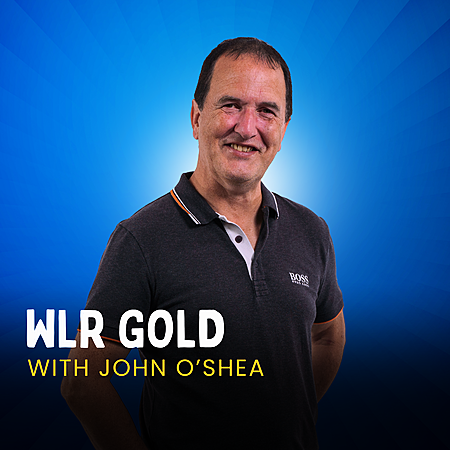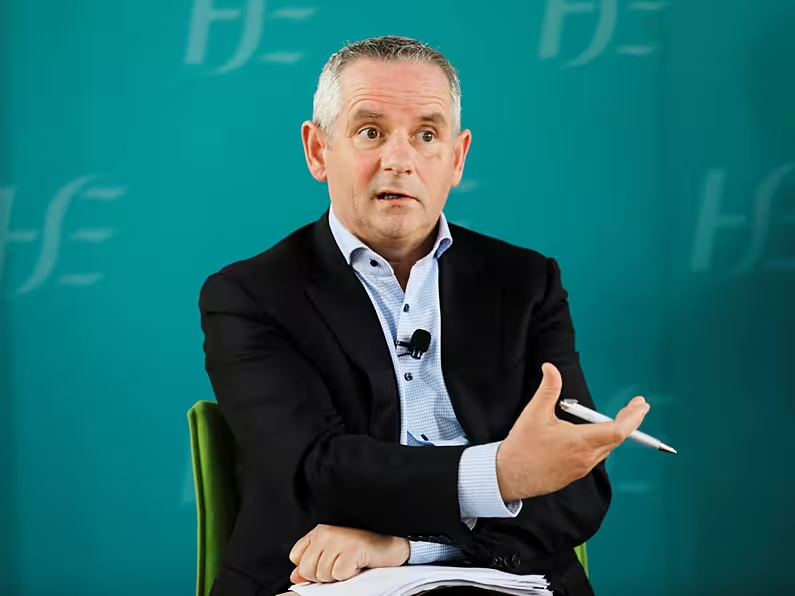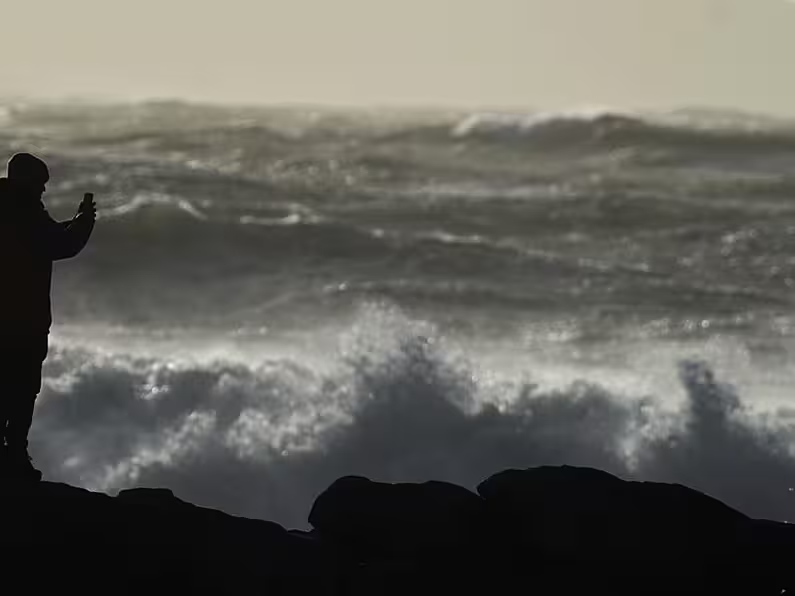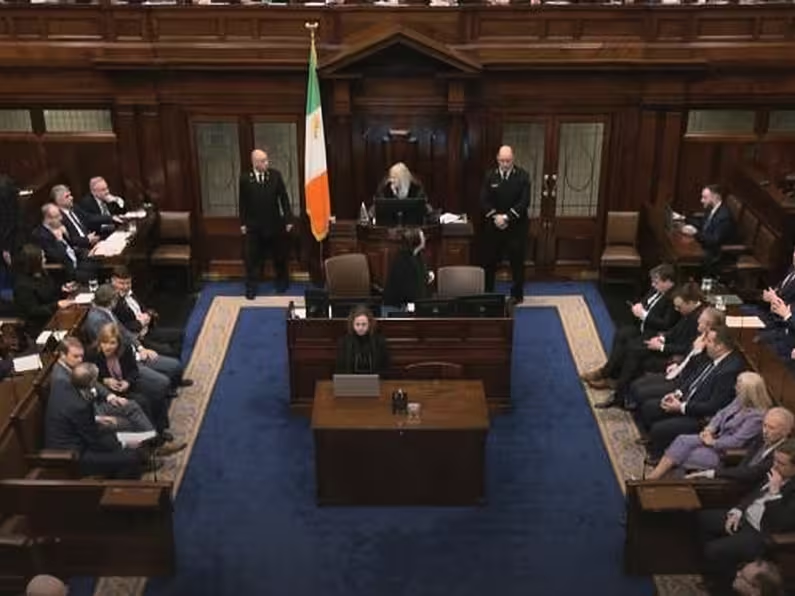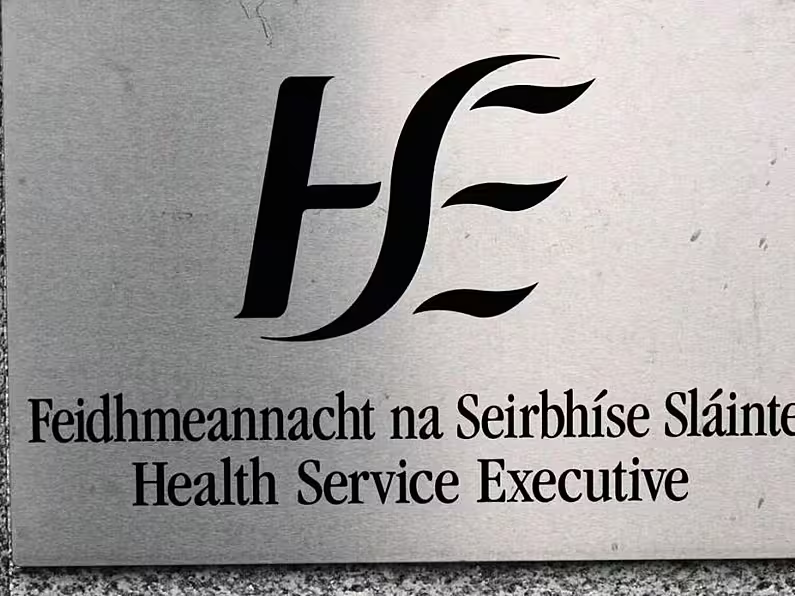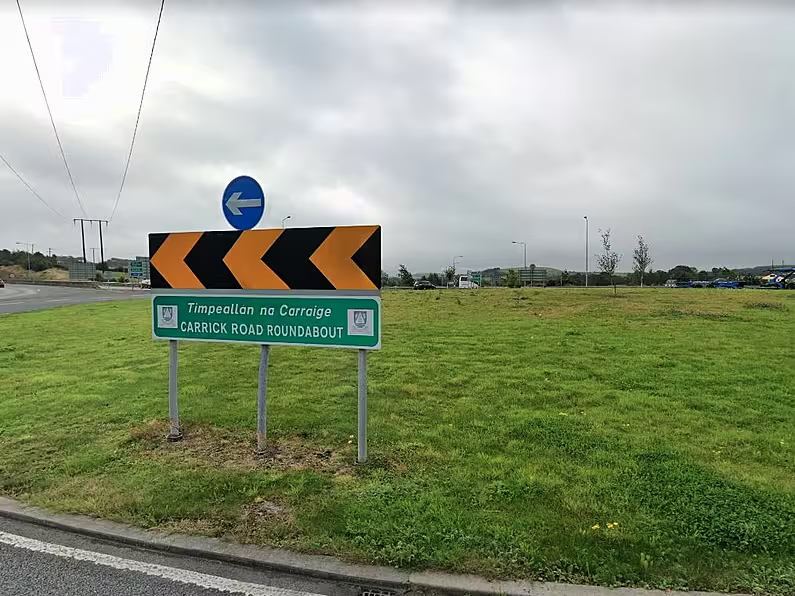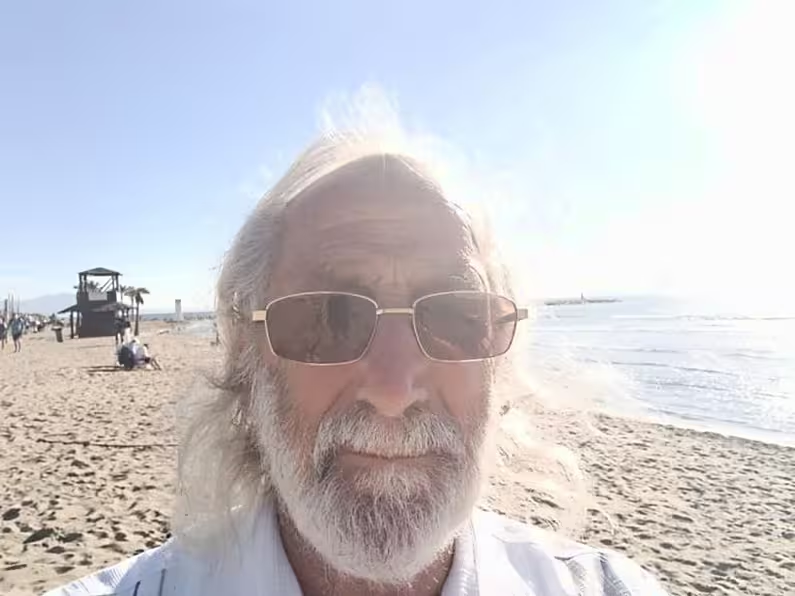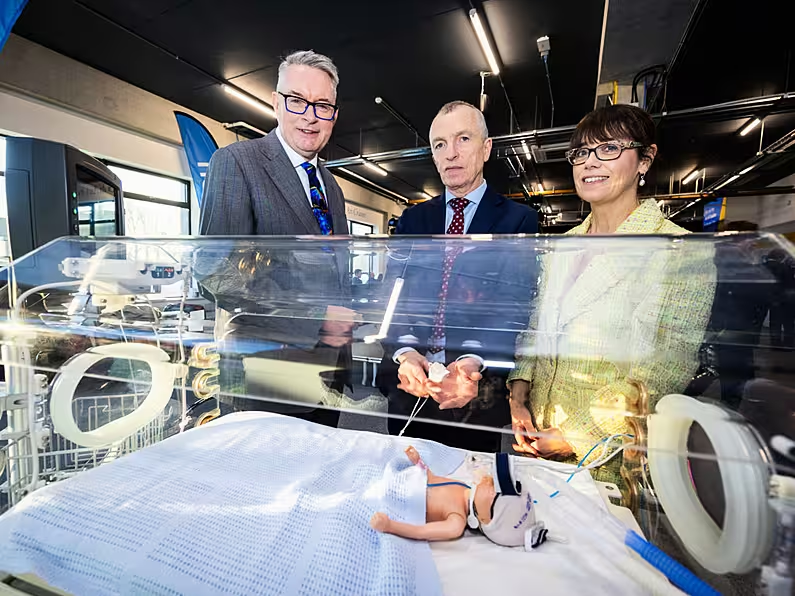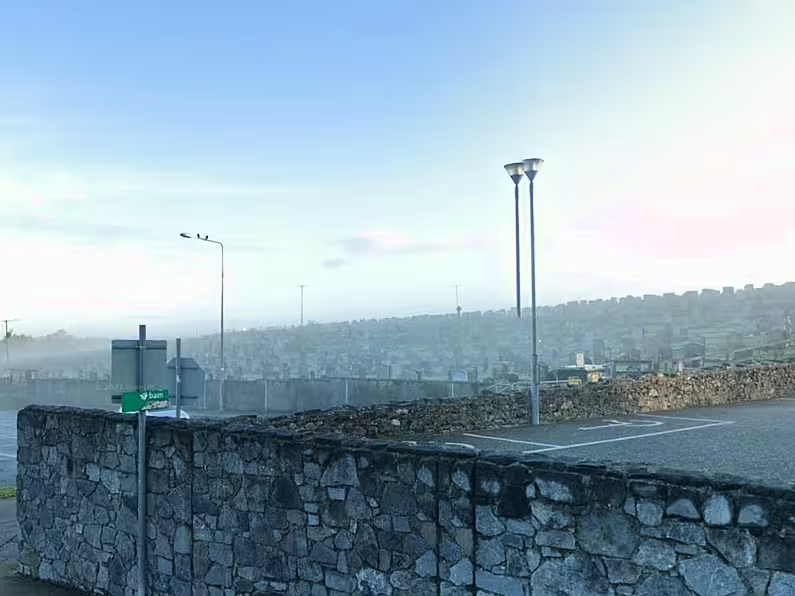Digital Desk Staff
Updated at 1.45pm
The number of people with Covid-19 in hospital has exceeded 600 for the first time since February.
As of 8am on Monday there were 617 in hospital, an increase of 35 from the same time on Sunday. The hospital figures have not been that high since February 24th during the third wave when there was 652 people in hospital.
There are 106 people with Covid-19 in intensive care units, up one from 8pm on Sunday.
As The Irish Times reports, Health Service Executive (HSE) chief executive Paul Reid said 40 per cent of people in hospitals are unvaccinated though they constitute just 7 per cent of the adult population.
Mr Reid said there is a high level of ‘stress and duress’ across the health system because of Covid 19.
The Cabinet Sub Committee on Covid-19 will meet this evening to discuss what measures may be needed to cope with the escalating cases.
Stark situation
Speaking to Newstalk, chief executive of the HSE Paul Reid says the situation in hospitals is stark.
"In January this year we had 2,200 positive Covid patients in hospital, and 212 in ICU.
"The reality is that back then were was no other care taking place, it was either urgent care or Covid care. Now in our hospitals–our 11,000 beds–all other care is being dealt with so our hospitals are coping with a lot more."
It comes as intensive care expert Dr Colman O’Loughlin has said that vaccines should be in people’s arms not in ampules in a fridge.
However, Dr O’Loughlin also warned that the public should “stop relying” on the chief medical officer Tony Holohan and the Government to tell them how to stop transmission of the virus.
No trigger
People had to take responsibility, he told RTÉ radio’s Today with Claire Byrne show. People knew what to do and what not to do. “There’s no trigger coming down the line to turn this around.”
Lockdowns worked, he said, but he was not advocating for that. They would be inevitable “if things don’t turn around.”
When asked about the impact of the reopening of nightclubs and the wider hospitality sector, Dr O’Loughlin said that “nightclubs per se are not the problem”.
Each time a sector opened it gave a signal that could be misunderstood and interpreted by people that they could ease restrictions.
There were unintended consequences of such actions. Closing down made people take the situation more seriously and to change their behaviour, he pointed out.
If there was no lockdown Dr O’Loughlin said he did not know what would trigger action and “turn around things.”
Additional reporting Vivienne Clarke


